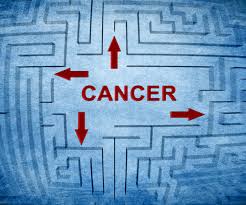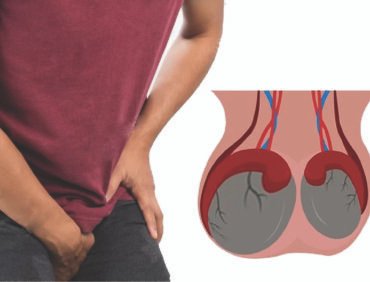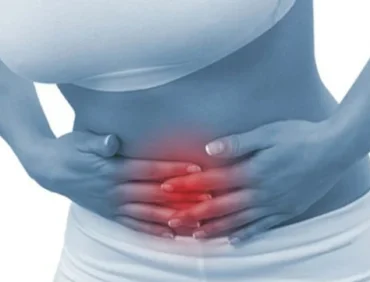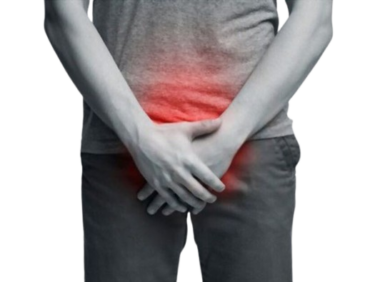Cancer affects everyone – the young and old, the rich and poor, men, women and children – and represents a tremendous burden on patients, families and societies and it is one of the leading causes of death in the world, particularly in developing countries.
Yet, many of these deaths can be avoided. Over 30% of cancer can be prevented by healthy life style or by immunization against cancer causing infections (HBV, HPV). Others can be detected early, treated and cured. Even with late stage cancer, the suffering of patients can be relieved with good palliative care.
To help reduce your risk of developing cancer, follow these 10 easy steps:
1. Be as lean as possible without becoming underweight. Weight gain, overweight and obesity increases the risk of a number of cancers, including bowel, breast, prostate, pancreatic, endometrial, kidney, gallbladder, oesophageal, and ovarian cancers.
2. Be physically active for at least 30 minutes every day. Physical activity decreases the risk of colon, endometrial, and postmenopausal breast cancer.
As fitness improves, aim for 60 minutes or more of moderate, or for 30 minutes or more of vigorous, physical activity every day.
3. Avoid sugary drinks and limit consumption of energy-dense food. Foods that are high in fats, added sugars, and/or low in fibre, such as many fast and convenience foods, as well as sodas and energy drinks, promote weight gain that is associated with a higher cancer risk.
4. Eat more of a variety of vegetables, fruits, whole grains, and pulses such as beans regularly.
5. Limit consumption of red meats (such as beef, pork and lamb) and avoid processed meats.
6. Limit alcoholic drinks. Limit consumption to no more than two drinks a day for men and one drink a day for women. It is best if you can avoid it totally.
7. Limit consumption of salt and avoid moldy grains and cereals. Limit consumption of processed foods with added salt to ensure an intake of less than 2.4g sodium a day. Do not eat moldy cereals (grains) or pulses (legumes).
8. Where possible, aim to meet nutritional needs through diet alone, instead of using supplements to try to protect against cancer.
9. It is best for mothers to breastfeed exclusively for up to 6 months and then add other liquids and foods. Babies who are breastfed are less likely to be overweight as children or adults.
10. After treatment, cancer survivors should follow the recommendations for cancer prevention. Follow the recommendations for diet, healthy weight, and physical activity from your doctor or trained professional.
With all these steps followed, you are freeing yourself from the risk of any type of cancer. Cancer is real, rampant now and very expensive to manage. More worrisomely, the survival rate is still very low in this part of the world. Definitely, as you are reading this, you will be able to think of one or two friends, family members or neighbours that you have lost to cancer.
So, you want to do everything within your means to prevent it.
If you have gained anything from reading this, don’t hesitate to share it with others too. Put your comments and questions or topics you will like us to write about in the comment box below.
Stay Healthy And Never Give Up!
Plan B Wellness Center
Email – consult@planbwellnesscom
Twitter – @planbwellness








